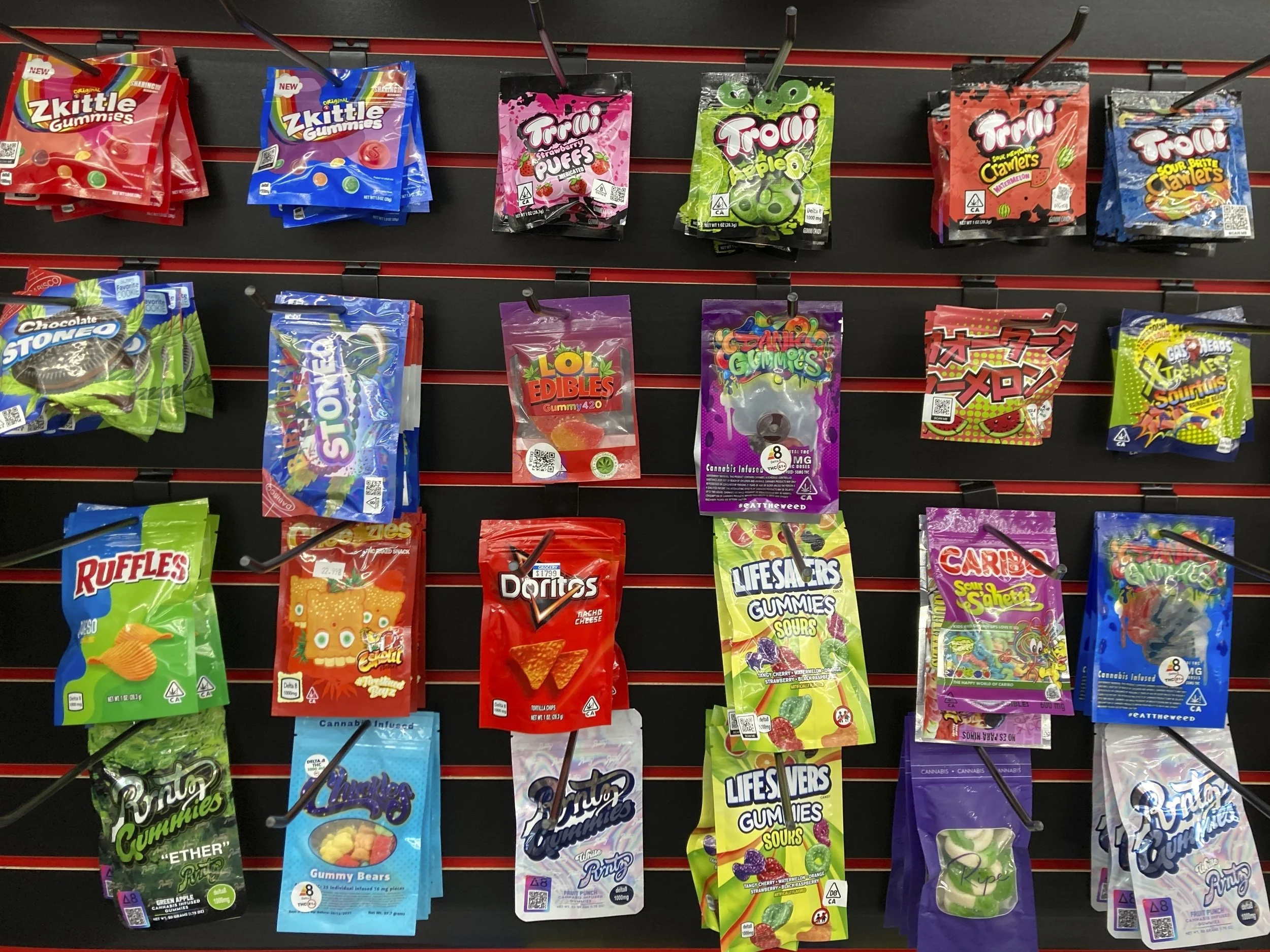It's doomsday for delta-8, THC seltzers as federal judge tosses part of NJ hemp law
Delta-8 THC products sold at local gas station
UPDATE:On Oct. 12, the New Jersey Cannabis Regulatory Commission announced that the only provision of the hemp law it would enforce is the age restriction, due to Judge Zahid Quraishi’s ruling. The state will not enforce other provisions, including the temporary halt on sales and manufacture of intoxicating hemp products, while the court decision is under review.
TRENTON - A court ruling that has attorneys, business owners and lobbyists scratching their heads ultimately will not change the effect of the state's new hemp law.
As of Saturday, Oct. 12, intoxicating hemp products must be pulled off the shelves across the state.
In an opinion issued Thursday, federal Judge Zahid Quraishi overturned parts of the new hemp law he determined gave an unfair advantage to in-state hemp businesses, which flies in the face of a 2018 federal law that legalized hemp nationwide.
The amended hemp law, signed by Gov. Phil Murphy last month, established new regulations for intoxicating hemp products, including delta-8 and THC-infused seltzers, and required manufacturers and retailers to obtain a license by the New Jersey Cannabis Regulatory Commission. That regulating body is already charged with overseeing the state's legal weed and medical marijuana industries and markets.
The cannabis commission will be charged with drafting rules and regulations for intoxicating hemp products, such as testing and labeling standards. Separate standards will be created for liquor stores who want to sell intoxicating hemp beverages.
But the commission has six months to draft those rules before licensure even begins. Until then, any manufacturer or retailer making or selling such products would be in violation of state law.
"Everybody's kind of in this holding pattern, trying to figure everything out and understand what the intent is," said Philip Petracca, owner of THC drink startup Bella Ray Beverage, based in Asbury Park. "Financially, it's devastating. We're $1.5 million into this thing and now everything's on hold. You have 33 farmers, 1,500 mom-and-pop businesses through the state and we're losing our businesses, we're losing our livelihoods."
MORE ON THIS NEWS HERE

